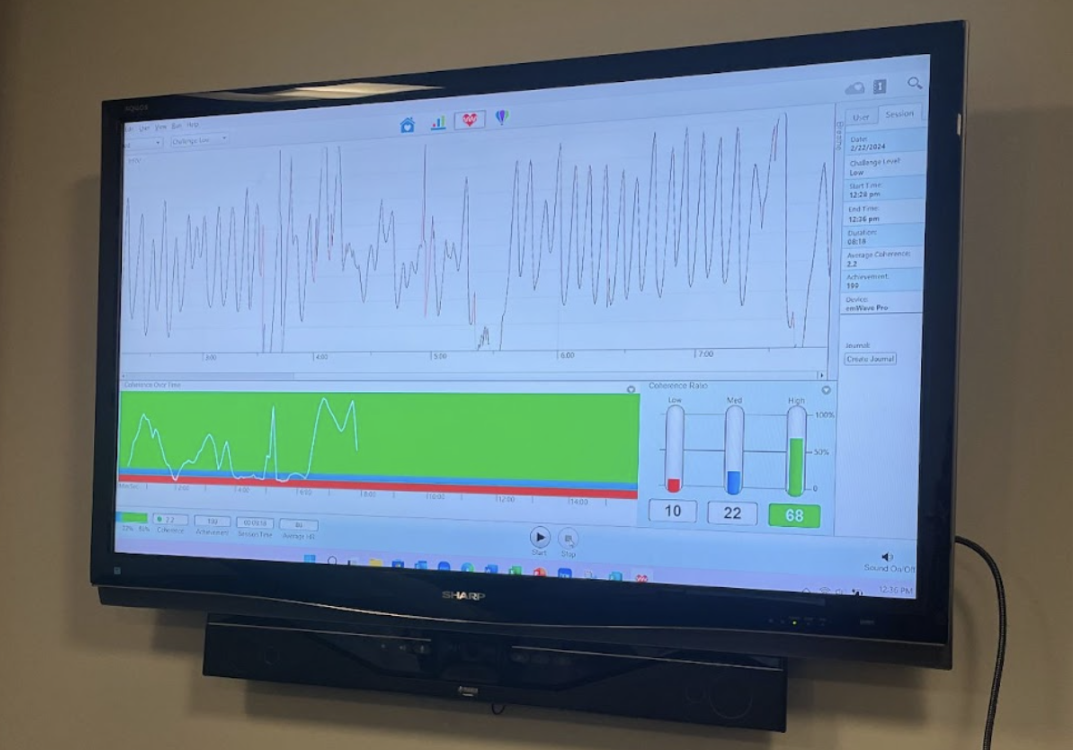The Information Technology department is aiming to make communication more effective at TCU.
Before expanding the system to other employees, the IT department is undergoing a 60-day free trial period to internally test RingCentral, a cloud-based communications provider.
If the trial goes well, TCU will switch to RingCentral from an outdated on-premises telephone system, which the university has used for about 15 to 20 years. An on-premises system involves software and hardware that resides at the location where the phones are being used.
Portability is the main advantage to RingCentral’s cloud-based system, and will supply many other benefits. In comparison, the on-premises system is limited, and is quickly meeting those limits.
Bryan Lucas, TCU’s chief technology officer, said that cloud-based telephone systems operate similarly to a streaming device like Netflix or Hulu.
“With Netflix, you can watch your show wherever you are at, whenever you want and on whatever device you choose,” Lucas said. “That’s the kind of accessibility we get with cloud-based systems.”
Employees will be able to use RingCentral’s services on any device with internet access.
Along with increased access and portability of phone calls, the new system will allow TCU employees to log into RingCentral’s unified inbox to receive voicemails, texts and faxes.
A small fee for all long-distance calls is included in the annual payment for RingCentral’s services. Currently, there is an additional charge when a telephone is used to call anywhere outside of the university.
“Everyone who is catching wind of RingCentral is asking for it already,” Lucas said. “Everybody who has reached out seems very excited.”
The IT department is concerned with the current system because an internet crash will impair phone services, too, so none of TCU’s phones would work if the system lost connection.
“With RingCentral, if we lose internet connectivity, our handsets would not work,” Lucas said, “but you would be able to log onto RingCentral on your cell phone, laptop, or whatever device you choose and connect to the Wi-Fi at Starbucks or something.”
The switch to the cloud-based system is occurring because IT recognized that on-premises systems are quickly becoming obsolete.
According to Gartner, a global research and advisory firm, by 2021, 90 percent of IT leaders will not purchase any new premises-based systems.
RingCentral is planned to be available for all faculty and staff by this summer. The overall goal is to have all of TCU’s phones on the cloud-based system by September of 2020.












